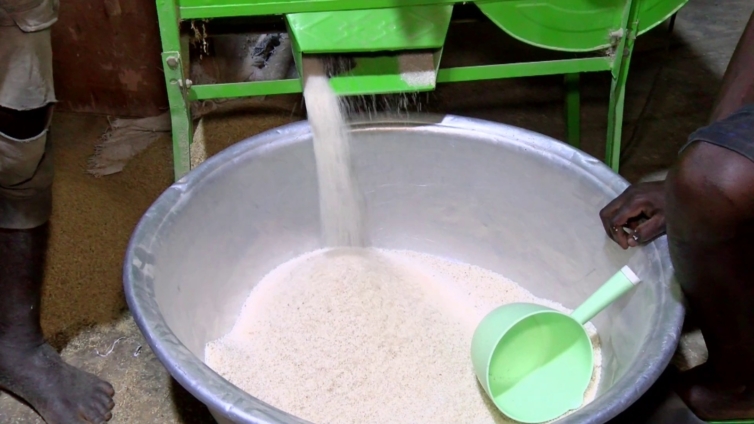The production of high-quality local rice grains and brands in Ghana has been a challenge to upscaling the commodity to meet heavy demand on the market
The country imports more than 60% of rice to meet local demands as many local rice producers struggle to access the market despite the growing demand for rice.
The United Nations International Development Organisation (UNIDO), with its objective to improve the local rice industry and enhance food security, is equipping actors in the rice value chain with requisite post-harvest standard techniques.
Rice is the second most important staple food after maize in Ghana, but only a third of rice consumed is produced locally.
Between USD$300 million and USD$500 million worth of rice are imported into the country each year.
While Ghana's production increased by over 12% within the last decade, consumption surged by 25% resulting in continuous dependency on imported rice.
Jephta Kwame Osei, a rice miller in the Bekwai municipality, is worried about the poor patronage of the local rice.
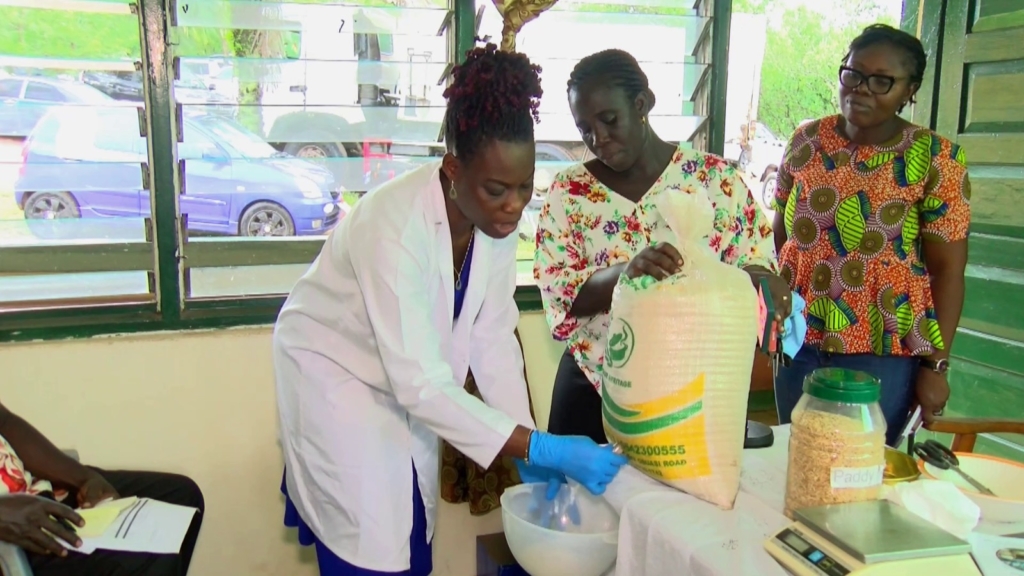
“I have sacks of rice sitting in my factory now. People still have the perception that local rice is of low quality,” he said.
While the country aims at increasing local rice production, quality of the commodity is a concern to many of the local consumers.
The United Nations Industrial Development Organisation, realizing the existing need, is equipping actors along the rice value chain with requisite skills and technology support.
The project dubbed “improving the technology and quality control system for higher value addition in the post-harvest processes of the rice value chain” (ITEQ) is in collaboration with the Governments of Ghana and Japan.
The project is to contribute to sustainable and inclusive higher value creation and food supply capacity, in terms of both quality and quantity, in the Ghanaian agro-business industry.
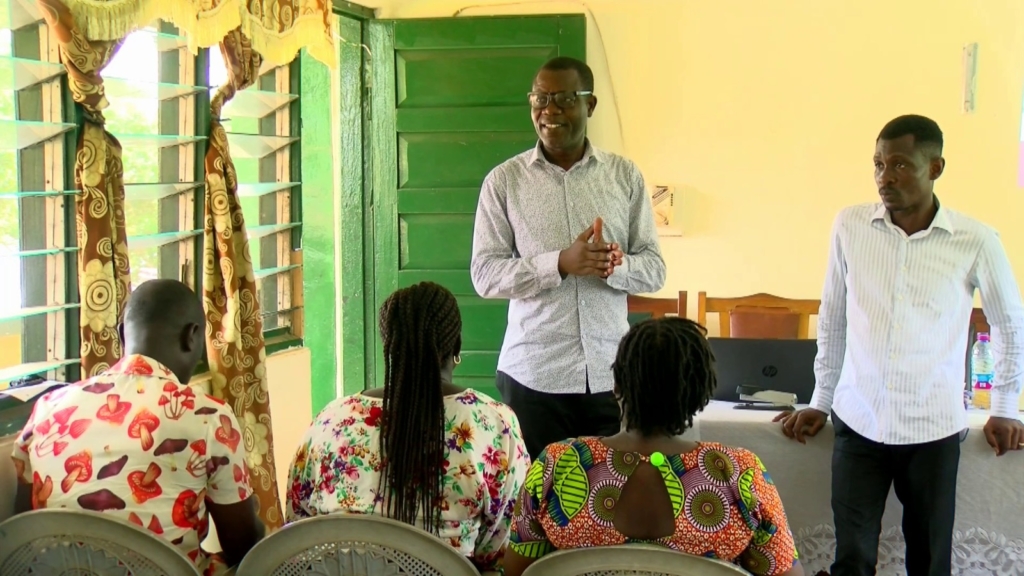
This is to be done through advancing the technological upgrade and sectoral competitiveness of the quality assurance system along the rice value chain focusing on the post-harvest processes and crop management.
Capacity Building Coordinator at UNIDO, David Darkoh believes the training would enhance the competitiveness of the local rice on the market.
“The implementation of this training is part of a series of capacity building activities within the project and aims to catalyze an improvement in the overall quality of paddy rice produced by value chain actors,” he said.
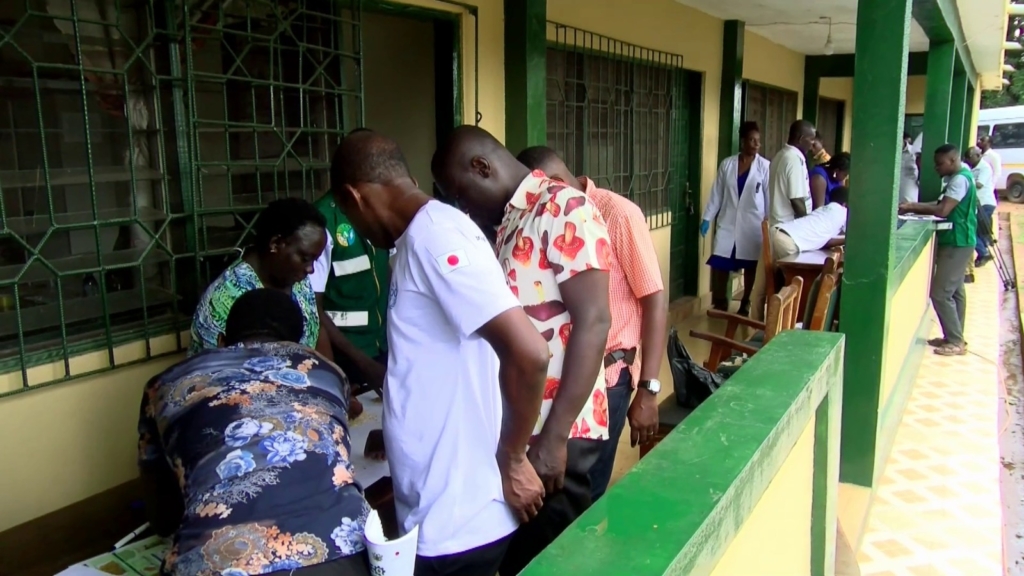
He continued: “It is in response to an existing need and demand of the value chain actors and institutions to develop their capacities to comply with the market requirements and for the increased added value that will open new opportunities for strengthening the overall sectoral competency in Ghana’s rice value chain”.
The project is implemented jointly by UNIDO, Ministry of Food and Agriculture and stakeholders in the rice value chain with funding from the Japanese Government.
The project is being implemented in the Northern and Ashanti regions.
In the Ashanti region, 60 agricultural officers and selected value chain actors in Bekwai and Ahafo Ano North districts were taken through post-harvest processes for high grade rice qualities by the Ghana Standards Authority (GSA).
Chief Science Officer of the Food and Beverages Lab of the GSA, Dr. Roseline Amoah explains the topics and skills to be ingrained in the officers.
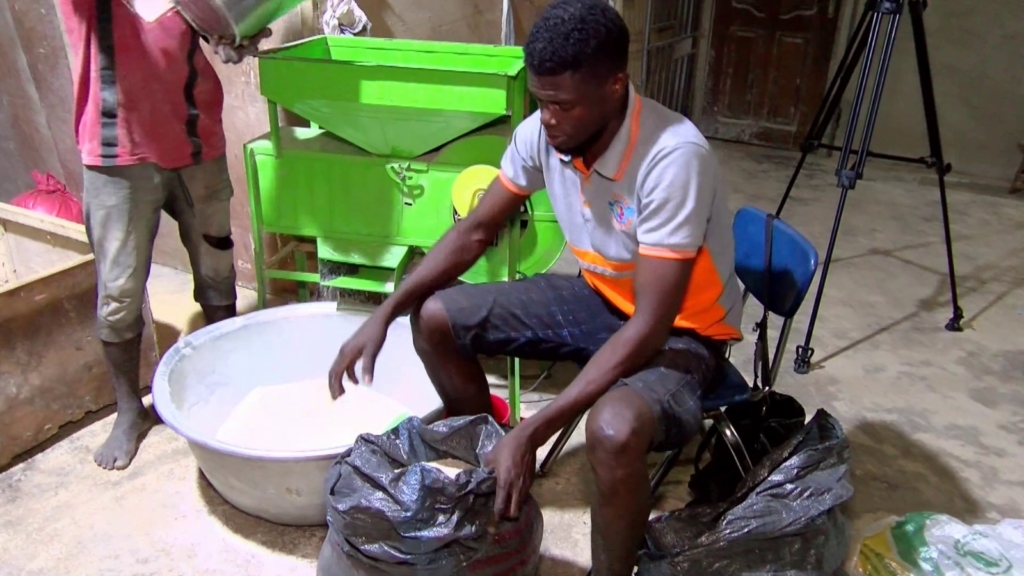
“The training will focus on Ghana's standards and quality requirements for paddy and milled rice with emphasis on post-harvest quality management, particularly, in the context of improving the quality of rice,” she said.
She admonished the sustenance of a high quality and safe rice throughout the value chain to avoid health complications.
Already, six capacity building trainings have been conducted since 2023 for officers and selected value chain actors, with several years of experience in training rice value chain actors to supply quality paddy rice to local millers.
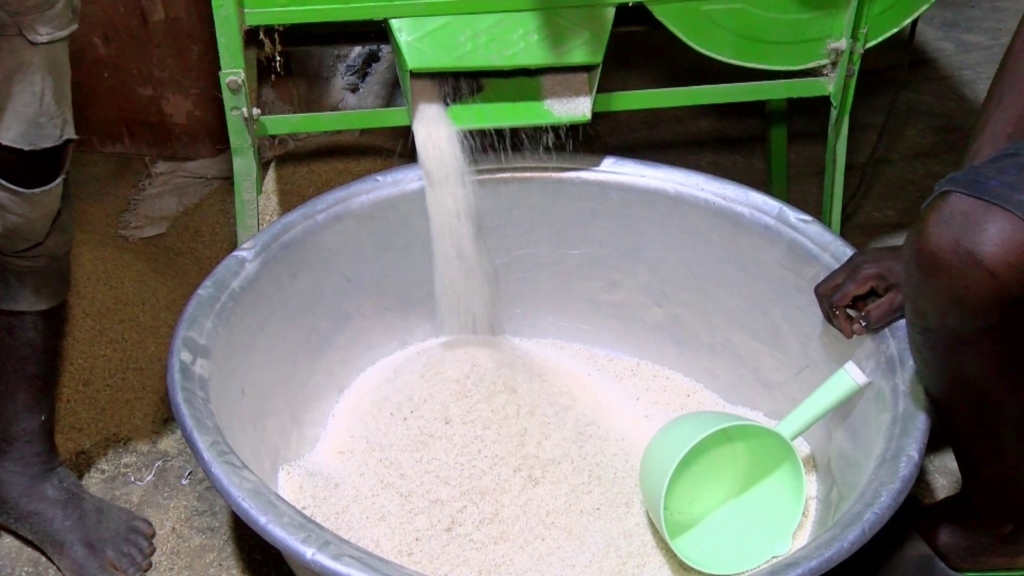
Some participants shared the benefits gained from the workshop.
“To get the quality rice out there, it has to start with the quality seed we put in the soil. Every step in rice production is very important. This training is in the right direction. We will tackle this down to the farmers and other officers,” Municipal Director of Agriculture at Bekwai, Emmanuel Mensah, said.
Latest Stories
-
We see you, we hear you and we’re working for you – Ato Forson to Ghanaians
22 minutes -
Ghana deserves better than B- – Finance Minister tells rating agencies
24 minutes -
‘Inshallah, President Mahama will deliver’ – Ato Forson assures Ghanaians
30 minutes -
Ghana’s economic confidence rebuilt in under 200 days – Finance Minister Ato Forson
35 minutes -
Jeffrey Schlupp signs for Norwich City
43 minutes -
NPA boss inspects Aviation fuel discharge at Tema Oil Jetty
54 minutes -
We are not out of the woods yet, but second half of 2025 promises to be better – Finance Minister
54 minutes -
Gov’t injects GH₵450m into NIB, preserves GH₵6.4bn depositors’ funds – Dr. Forson
56 minutes -
Ghana’s fiscal position has significantly improved – Finance Minister
56 minutes -
‘The cedi is not a burden, it is our badge of honour’ – Finance Minister rallies nation
1 hour -
We are indeed spending and spending at right places – Ato-Forson
1 hour -
Minority petitions president over electoral violence and galamsey crisis
1 hour -
NIB to be listed on GSE; a modern business model to be established – Finance Minister
1 hour -
‘I believe in the cedi’ – Ato Forson rallies nation behind currency in appeal to Parliament
1 hour -
Hulk Hogan, wrestling legend, dead at 71
1 hour

